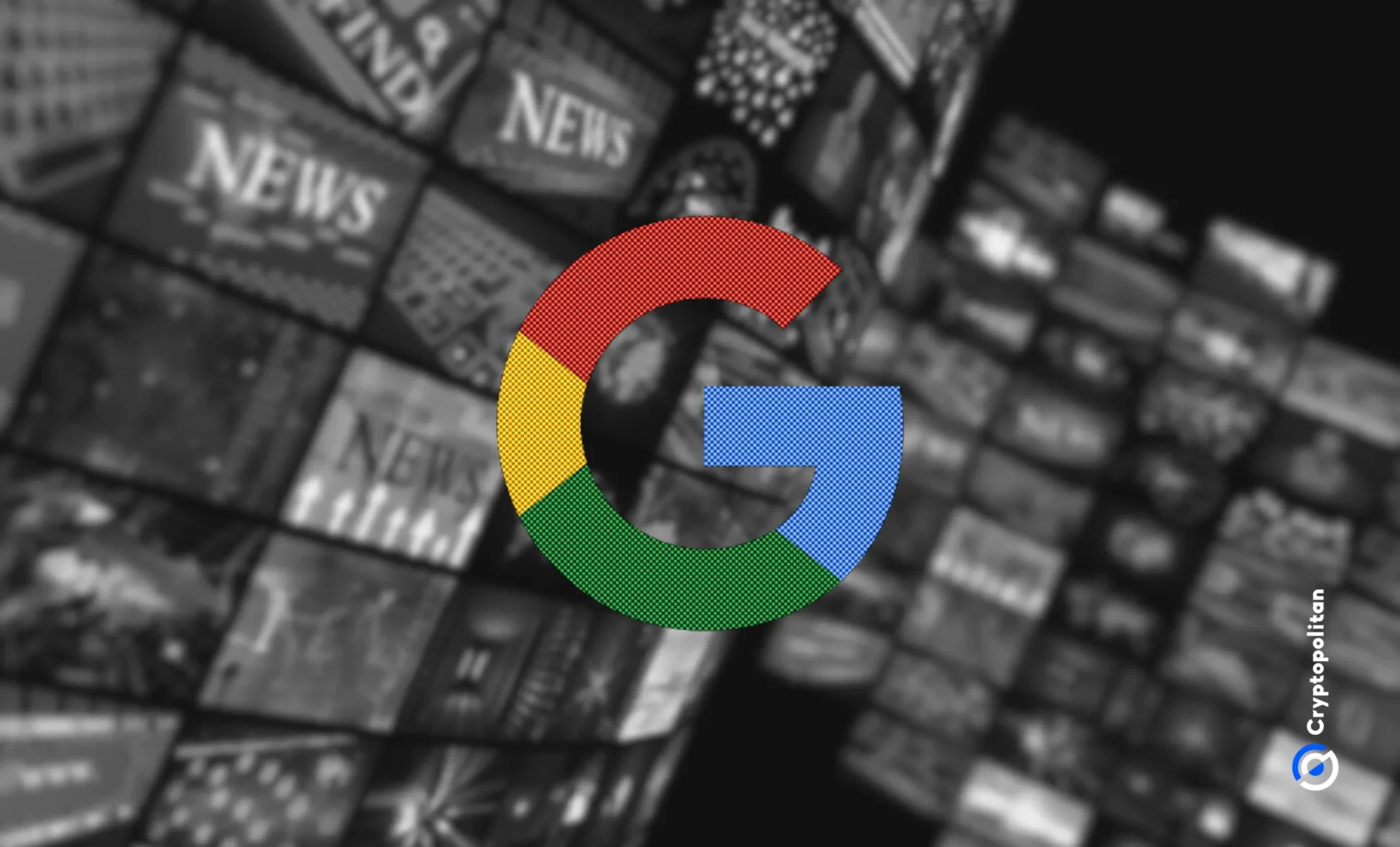OpenAI’s newly launched GPTBot has sparked debate within the artificial intelligence community, raising concerns about web scraping, copyright infringement, and the ethical implications of training AI models using data from the internet. The bot, designed to crawl the web for information to enhance future models, has ignited discussions about data ownership and fair compensation for content creators.
AI chatbots and data scraping concerns
AI chatbots like Google’s Bard and OpenAI’s ChatGPT have gained immense popularity by leveraging extensive data scraped from the internet. However, the practice of using scraped content without compensating creators has ignited controversy. OpenAI’s GPTBot, a web crawler designed to enhance its models, has faced criticism due to concerns about intellectual property rights and fairness.
OpenAI clarifies that GPTBot crawls web pages to potentially improve future AI models. The company assures that the bot avoids scraping paywalled or personally identifiable content that violates safety guidelines. Despite these safeguards, critics argue that the use of scraped data without proper attribution or compensation remains problematic.
GPTBot isn’t the sole web crawler in action. Other entities like Stable Diffusion and LAION also employ Common Crawl, a non-profit organization with a vast internet data repository dating back to 2008. Those concerned about GPTBot might also consider blocking the Common Crawl’s CCBot web scraper. Google, too, utilized the Common Crawl dataset to train its competing chatbot, Bard.
Disabling GPTBot a technical approach
To disable GPTBot, a relatively straightforward method involves adjusting a website’s “robots.txt” file. By implementing a “crawl directive,” website owners can control web crawler access. However, tampering with this file requires caution, as it can lead to unintended consequences. Seeking expert assistance is advisable, especially for those unfamiliar with coding.
The Robots Exclusion Protocol (robots.txt) plays a vital role in developing and indexing website content across major search engines. Tools like Yoast, an SEO plugin for WordPress-based websites, make editing robots.txt files accessible. Using the “Robots.txt Editor” in the settings section, users can input the “Disallow” command for the GPTBot user agent, effectively preventing its access.
Legal battles and content ownership
The emergence of GPT-powered bots has led to legal battles over unauthorized content usage. Comedian and actress Sarah Silverman recently filed a lawsuit against OpenAI for using her book content without consent. Similar disputes are arising in the digital arts sector, where artists accuse AI labs of leveraging their creations for AI model training. These cases underscore the urgency of addressing copyright concerns in the AI realm.
OpenAI argues that allowing GPTBot to access websites enhances AI model accuracy and safety. However, this perspective disregards content owners’ concerns regarding uncompensated usage of their information. AI chatbots incorporate content into their responses without proper source attribution. While Google’s Bard has begun incorporating citations, ChatGPT still lacks this feature, potentially impacting publishers’ web traffic.
Industry standards proposal and current landscape
To address these issues, Google and others propose industry standards akin to the robots.txt approach. These standards would facilitate responsible scraping of publicly available information, respecting content creators’ rights. Yet, tangible measures remain elusive, leaving publishers and creators with limited options to protect their work.
As the AI community grapples with ethical challenges posed by web scraping, discussions on data ownership, fair compensation, and copyright protection persist. While web scraping has fueled AI advancements, it also underscores the need for a balanced approach that upholds creators’ rights while fostering innovation. As regulators and tech giants seek common ground, the intersection of AI and the internet’s future remains a hotly debated topic.





